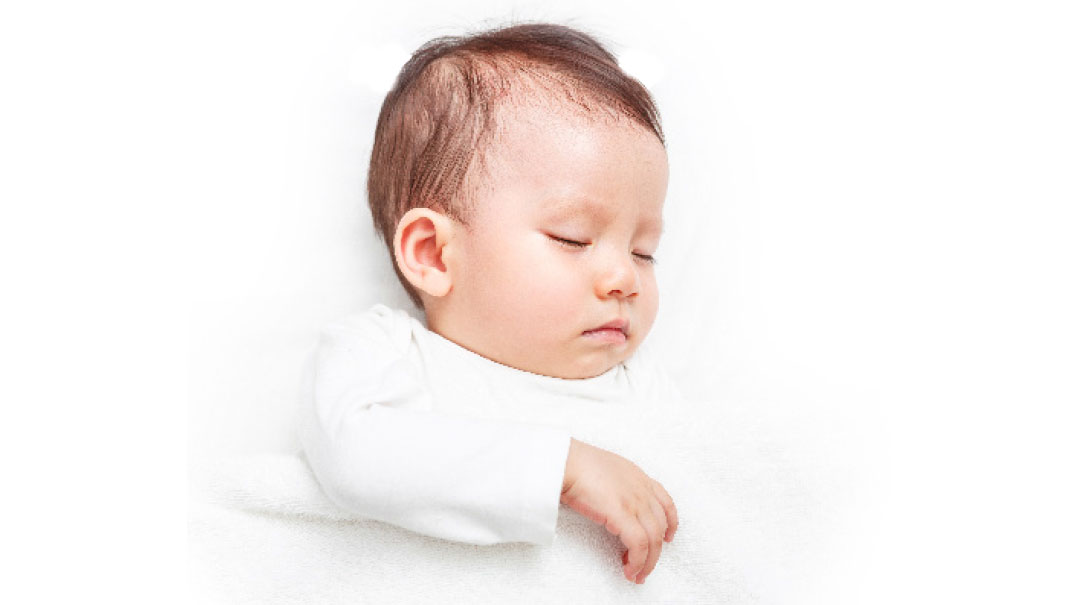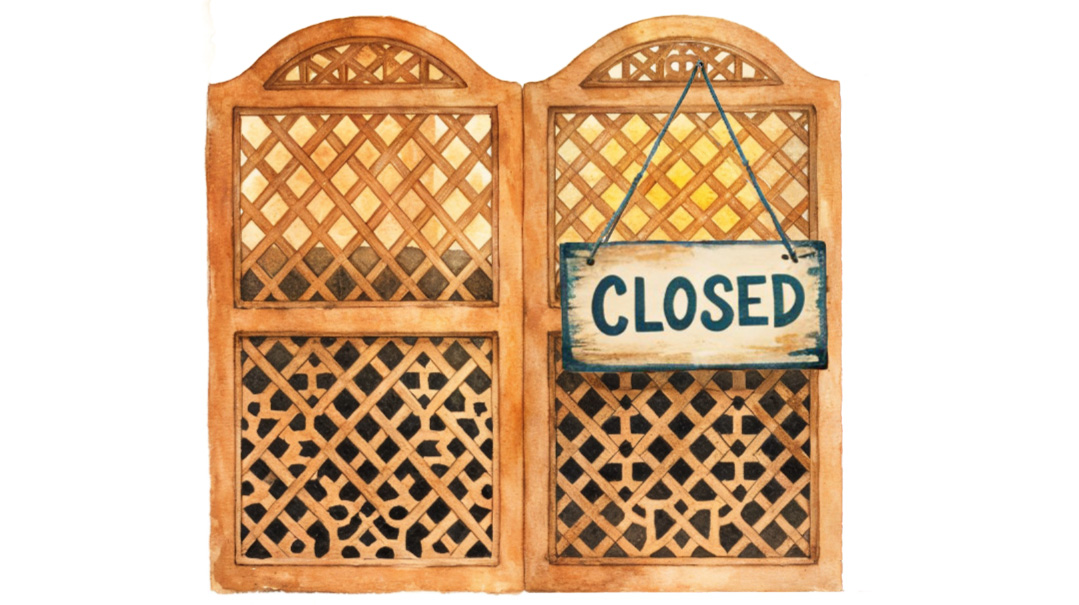Mothering Me
| July 22, 2020Motherhood changes everyone, but I found the transition monumental

My mother has been dead for almost 20 years, considerably more than half my life.
I was about to turn 13 when she died.
My father woke me up in the middle of the night to tell me that he’d come home and found her in bed, not breathing. The cancer must have taken over.
At least, they all said, she died at home — the sort of thing that people say when they don’t realize who had to wash the linens the next day.
I can’t honestly say it was hard to be motherless throughout high school and college.
I know, I’m not supposed to say that. Bear with me. Sure, it stung when my friends in seminary received packages from their mother or when they’d cry to their mothers. There were times I wanted to do that as well. Mostly, though, I’d already gotten used to being motherless.
Just before I started dating my husband, well into my twenties, I woke up one morning, sat up straight in bed, and said out loud, “She is never coming back.” It was the first time I truly understood that being motherless wasn’t a temporary inconvenience or misfortune, but my permanent reality.
I worried that having my first child would exacerbate my sense of loss — what with the hormonal, physical, and identity changes — but for the most part I was fine. During the postpartum period, I was so consumed with trying to get my son to sleep for more than 40 consecutive minutes (thanks, silent reflux) and to successfully use a fork and knife myself (thanks, postpartum shakes), I may have forgotten my mother died.
Then, to my great relief and pleasure, my son started sleeping. I started becoming a person again. I should have been overjoyed. But what happened next was something I’d never expected.
Oops! We could not locate your form.













